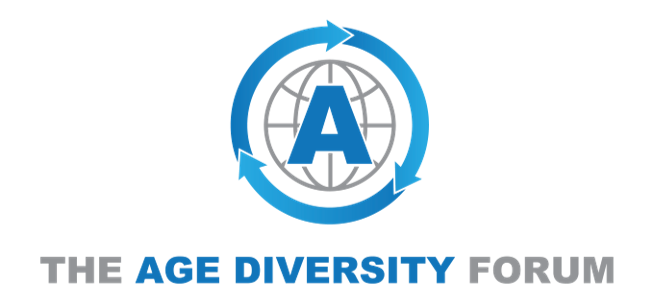With the ever-increasing rise of technology in everything we do, it is only natural it starts to be used in the business case. In particular, there have been several advancements in AI. It is tempting to imagine something similar to what we’re shown in film and TV, maybe akin to Skynet but in reality, it is often used in more fundamental tasks such as in recruitment.
Using AI can easily speed up the hiring process by using it to source the most suitable candidates more quickly. This is something that has been done for ages by sites like LinkedIn which matches job seekers with opportunities and makes it easier for recruiters and those looking for employment to connect. The software is looking to improve itself and take care of the more mundane parts of the processes. Allowing recruiters to spend more time preparing their candidates rather than going through all the CVs.
“there is a high risk that the AI may end up being discriminative”
AI doesn’t just go through CVs, chatbots have started to help candidates with any questions they may have about the process. Also, AI-powered video interviewing tools can be used to conduct pre-screening interviews which makes the whole process more streamlined and more time-effective.
One business that is moving towards including more AI in its recruitment process is Amazon. They have been working on an Automated Applicant Evaluation System that will determine which job applicants have the highest potential for success. It compares applicants to current workers in the same type of role and then fast-tracks them to interviews.
The topic of AI has many depths and many different arguments. As we mentioned in our previous article, there is a high risk that the AI may end up being discriminative. It wholly depends on the programmers and the AI trainers as their own biases can be translated into the AI’s code.
However, there are also many ways it can be used to help prevent discrimination if used unbiasedly. Because it means that recruiters spend less time looking at CVs, it means that their own biases do not affect the selection. Instead, the unbiased AI can pick based on skills and other characteristics rather than the identity of the applicant.
Overall, there is a massive emphasis on needing programmers and trainers who are either comfortable with diversity or are diverse themselves – as mentioned, the AI wholly depends on its coders. There is a stereotype within the tech industry that programmers are young people. While this may mean that it can lead to more diversity with different attitudes between generations, there is a need for people to be the change they want to see. Possibly implying that older generations are necessary to program this software to stop discrimination in the application process.
What can be done to include more diversity within the tech industry to help AI be inclusive? Will AI prove to be a useful tool in the recruitment process?
Sonya Knight | ADF Comms Team
Read our previous article here
To respond and/or for more information, please contact the ADF Comms Team at: [email protected]

